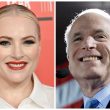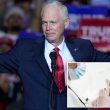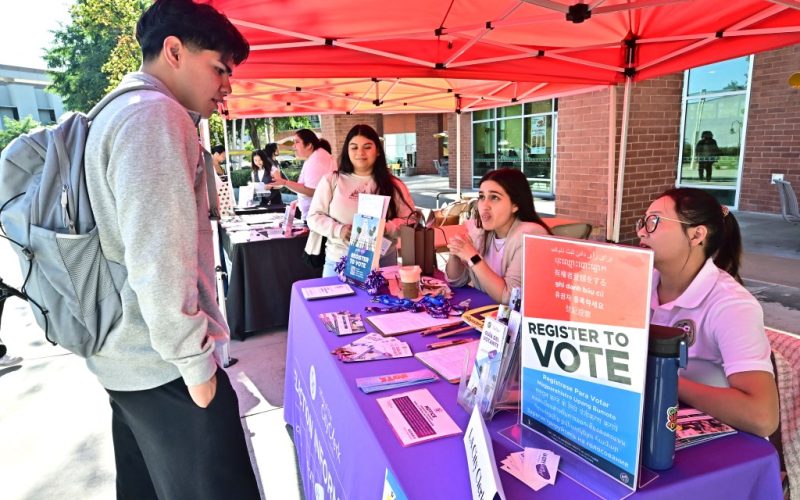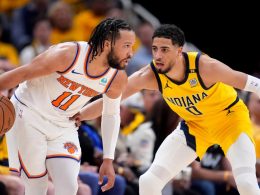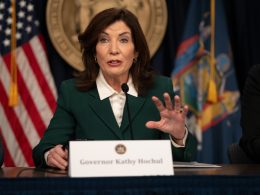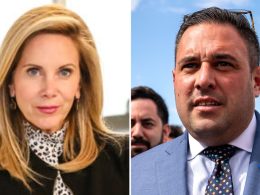I remember the event that got me into civic engagement: Rep. Alexandria Ocasio-Cortez’s Twitch livestream playing Among Us. Yes, Twitch, the live streaming service for gaming, and Among Us, the game where you find the imposter on the spaceship. AOC used the opportunity to encourage people to vote in the 2020 election.
The livestream garnered nearly 5 million views, becoming one of the most popular streams on the platform. But more than that, it was the first time I felt truly interested in civic engagement. AOC found a way to interact with a younger audience, using unconventional methods that resonated with us like gaming. These actions are what we need from politicians to increase youth voter engagement.
In a representative democracy, communities are represented by elected officials. But do our elected officials truly reflect the constituencies they represent? The median ages of our politicians do not match up with the median age in America. In 2022, the Census Bureau reported the median American is 38.5-years-old. Pew Research Center found in 2023 the median age of U.S representatives is 58, while the median age of senators is 65.
The June debate between President Biden and former President Donald Trump showed me and many of my peers just how disconnected we were from our most powerful government representatives.
The discussions about golf held little significance for me and made me question if we could trust the candidates before us with the problems affecting me and my friends. I wondered to myself if these same politicians would understand the needs of students such as gun safety, mental health support, and financial aid. When one of the biggest events of the election year ends with a conversation about golfing, it is hard to find civic engagement appealing, especially for young people.
There is a common misconception that older politicians are preferred because of their experience. However, a poll from AP-NORC found that 77% of adults in the U.S. believed that Biden was too old to serve a second term and more than half (51%) said that Trump is too old. This sentiment will extend beyond the 2024 election. A poll conducted by CBS News in 2022 revealed that 42% of Americans believe that having older people in elected office would make politics worse.
There are a few reasons for the stark age gap between elected representatives and their community members, with the power of incumbency being one of the most influential.
According to Open Secrets, the reelection rate in 2022 was 100% for the U.S. Senate and 94.5% for the U.S. House of Representatives. This, in turn, comes down to money: political action committees contribute to incumbents significantly more than to challengers. For instance, the business sector gave $18,819,347 to incumbents in 2023-2024, compared with only $157,905 to challengers.
Institutional support and the money that comes with it allows for most politicians to maintain their seats in elected offices for however long they want, leaving voters with few choices at the polls.
To combat the lack of youth representation, we need to increase the full spectrum of civic engagement across Gen Z — which means not just turning out to vote, but getting involved in our communities, volunteering, and eventually running for office.
Unfortunately, running for office is expensive. To make it more accessible to more people in my generation, we should establish more public campaign finance systems across the country, at all levels of government. The matching funds program in New York City, for example, matches small-dollar contributions from NYC residents, allowing for more competitive elections and increasing voter participation.
As a result, the New York Council has gotten younger in recent years. There is a similar appetite for more representative leadership nationwide. According to Pew Research Center, the 118th Congress is more racially and ethnically diverse, with more women in office, and the most openly queer members ever — such as the first Gen Z member of Congress, Maxwell Alejandro Frost, a Florida Democrat.
We are not condemned to a future of debates about who has the better golf game. I know my generation has what it takes to run and elect more leaders who understand what’s at stake for us and know how to mobilize young people. While the barriers to representation are real, we, the young people, possess the power to change our government and society for the better.
Wang is a NYC Votes youth ambassador and attends Bayside High School in Queens.


